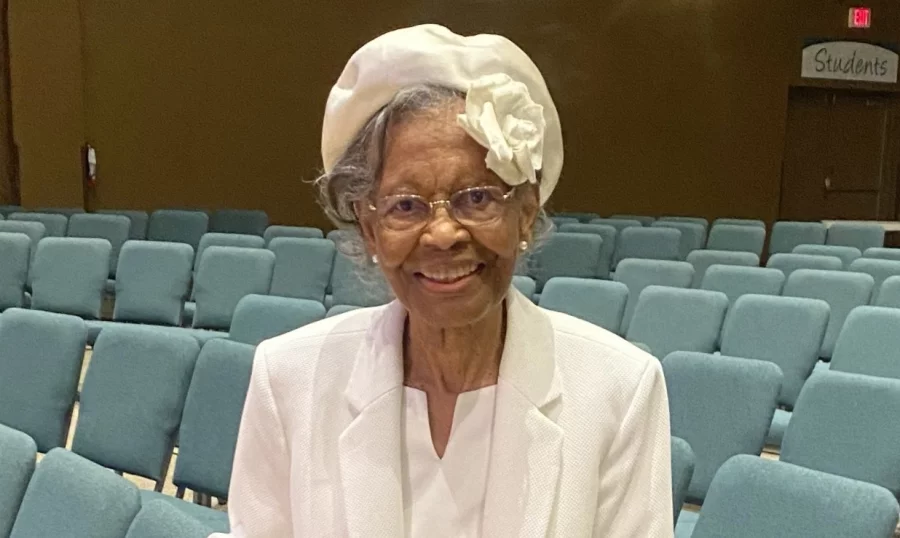One New York judge ruled the DNA evidence was scientifically sound. Another, just miles away, tossed it out as unreliable.
The same scenario is playing out in courthouses around the world amid a debate over whether a type of DNA analysis involving the amplification of tiny amounts of genetic material is reliable enough to convict someone for a crime.
The technique, known as low-copy number or high-sensitivity analysis can be used when investigators use "touch DNA" and are only able to collect a few human cells left behind when someone touches an object such as a gun, the handle of a knife, or even clothing.
While many prosecutors and forensic experts hail it as powerful tool that can help close cases, critics — most notably the FBI — argue it is inconclusive and unreliable. But there is no clear case law on the merits of the science, leaving judges to evaluate it on a case-by-case basis.
More...


 A newly discovered species of large dinosaur lived in marshy areas, hunted for fish and had...
A newly discovered species of large dinosaur lived in marshy areas, hunted for fish and had... Scientists may have discovered an explanation for a cosmic mystery uncovered by the James Webb Space...
Scientists may have discovered an explanation for a cosmic mystery uncovered by the James Webb Space... She navigated segregation to become an esteemed mathematician — and today, her work helps billions of...
She navigated segregation to become an esteemed mathematician — and today, her work helps billions of... NASA is cutting short a mission at the International Space Station due to a medical issue...
NASA is cutting short a mission at the International Space Station due to a medical issue...






























